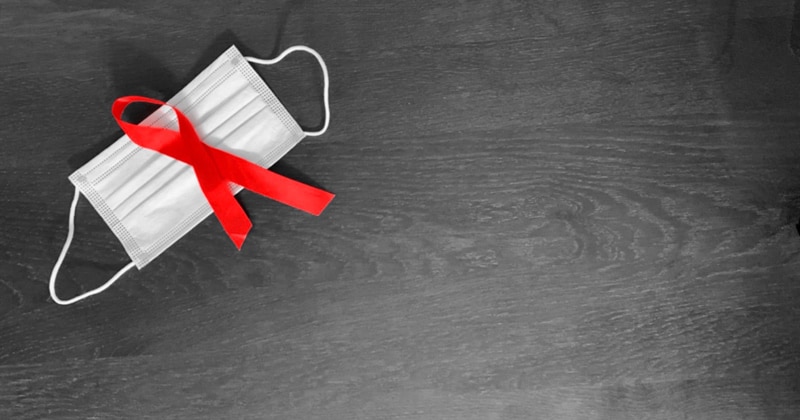RESEARCH
DISCOVERY
A Blog Devoted to UD Innovation, Excellence & Scholarship
COVID-19
Working During Pandemic Disasters
UD researcher, alum explore whether EMS providers hesitate to go to work
An emergency medical service worker takes the temperature of a driver as part of testing for the coronavirus (COVID-19).
Emergency medical service (EMS) providers are on the front lines during disasters and public health emergencies. They are the emergency medical technicians (EMTs) and paramedics that provide medical and trauma care to patients in their homes, businesses and broader society, and those who whisk us to the hospital when the need arises.
As a community, we rely on them as a portal to the larger health care system.
But, do EMS providers ever hesitate to report to work?
University of Delaware Associate Professor Joseph Trainor and alumnus Mahmoud T. Alwidyan have co-written a paper in Disaster Medicine and Public Health Preparedness on the attitudes of EMS providers about working during pandemic disasters.
Trainor is an affiliated researcher with UD’s Disaster Research Center (DRC), the oldest center in the world focused on the social and management aspects of disaster. He also directs the disaster science and management degree program, a specialty degree within the Joseph R. Biden School of Public Policy and Administration and delivered in partnership with the DRC and other departments on campus to train the future workforce in this area.
The paper’s lead author, Alwidyan earned his doctorate in disaster science and management at UD in 2017, and now is an assistant professor of applied medical sciences at Jordan University of Science and Technology (JUST) in Irbid, Jordan. Alaa Oteir, also an assistant professor of applied medical sciences at JUST and adjunct lecturer in the Department of Paramedicine at Monash University in Melbourne, Australia, also is a co-author.
In 2018, the research team surveyed EMS providers in Jordan to assess their attitudes about reporting to work during a disease outbreak and factors that affected their decisions.
The study — based on a hypothetical scenario — found Jordanian EMS providers were most willing to come to work when they felt confident that employers would provide adequate personal protective equipment, and when they had the necessary knowledge and training for disease outbreaks.
The most important barrier against going to work was family safety.





